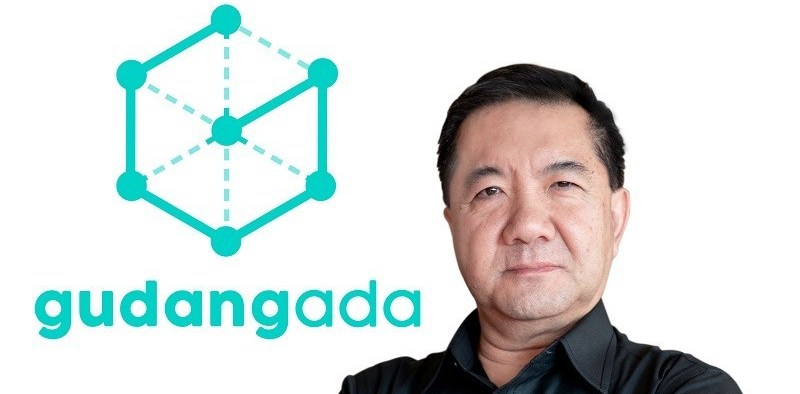GudangAda Has Recruited Former Grab Officials, Aims to Grow 400%
Share

The e-commerce startup with the Business to Business (B2B) model GudangAda recruited a former Grab official, Huan Yang, as the Chief Technology Officer. This startup also targets the business to grow five times or 400% amid the corona pandemic this year.
Stevensang, CEO of Gudangada said that Huan Yang played an important role in maintaining the company’s reputation in the e-commerce industry for daily necessities or Fast Moving Consumer Goods (FMCG) in Indonesia.

“With his global expertise and experience, we can improve our platform capabilities so that we can accelerate business growth,” he said as quoted from a press release, Monday (11/1). Prior to joining GudangAda, Huan was Head of Engineering Grabfood Merchant and Growth at Grab Holdings Inc. He has also worked at Google, Facebook and Uber.
At GudangAda, Huan leads technology teams in Singapore, Jakarta and Beijing, which are focused on developing digital food delivery solutions. Stevensang said that Huan’s appointment was part of the strategy to strengthen the GudangAda senior team.
Huan’s appointment at GudangAda has played an important role in realizing the company’s expansion plans, including a large-scale business expansion to more cities in Indonesia, improving warehouse and logistics services, as well as plans to add new product categories outside the FMCG industrial sector.
Targeting to Reach 1 Million Users
GudangAda plans to target the entire supply chain in the industry, from producers to retailers in Indonesia. This is one way to achieve fivefold business growth this year. The startup company also targets the number of users to increase from 300 thousand per 2020 to one million this year.
“This year’s target is to achieve five times business growth and reach up to 1 million users, which will make GudangAda the company with the largest FMCG distribution network for B2B in Indonesia,” Stevensang said in a press release quoted on Wednesday (13/1/2021).
By 2020, the gross transaction value, aka GMV monthly, was more than US$ 600 million and the business grew nine times over the year. “Supported by the new CTO, We will be in a strong position to tap the growth potential of the Indonesian market, as well as continue our mission of empowering traditional traders and the entire FMCG supply chain,” said Stevensang.

Huan added, many traditional business actors in Indonesia experience problems due to low productivity, high operating costs, and difficulty in adopting the technology. “Presenting fast, easy, and inexpensive technology solutions that benefit all stakeholders in the industry is the biggest attraction for me,” he said.
Serving More than 500 Locations in Indonesia
GudangAda provides services in more than 500 locations in Indonesia. The startup plans to accelerate technology adoption across the FMCG supply chain ecosystem, to achieve five-fold business growth this year.
Previously, the economist of the Institute for Development of Economics and Finance (INDEF) Ahmad Heri Firdaus added that the demand for FMCG increased during the Covid-19 pandemic. “Market opportunities in FMCG are open both before and after the coronavirus pandemic,” he said.

However, the Central Statistics Agency (BPS) noted that the trade sector, including FMCG, contracted 7.57% annually (year on year / yoy) in the second quarter. Heri assessed that digitalization can boost this industry. “The solution is how to make producers and consumers touched by digitalization,” he said.
GudangAda was founded by Stevensang who has experience in the FMCG world for more than 25 years. Through that experience, GudangAda was here with the aim of empowering and supporting traditional FMCG traders by utilizing technology.
Through the GudangAda application, wholesalers and retailers can choose a more complete product with a faster transaction process. In addition, through the GudangAda application, buyers can find the best prices. In addition, with a mission to empower the entire FMCG supply chain ecosystem, GudangAda is bridging the technology gap between traders.




















